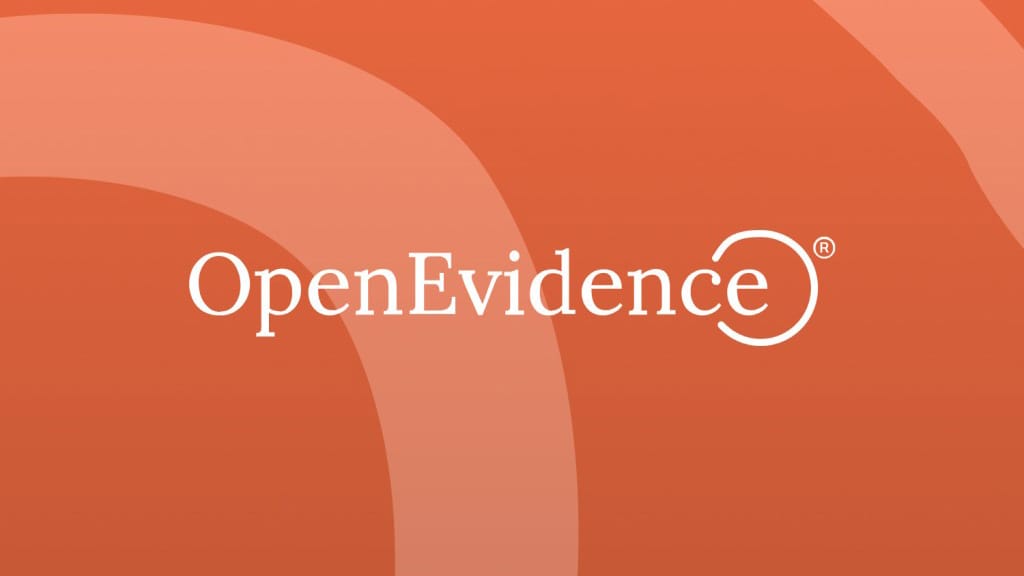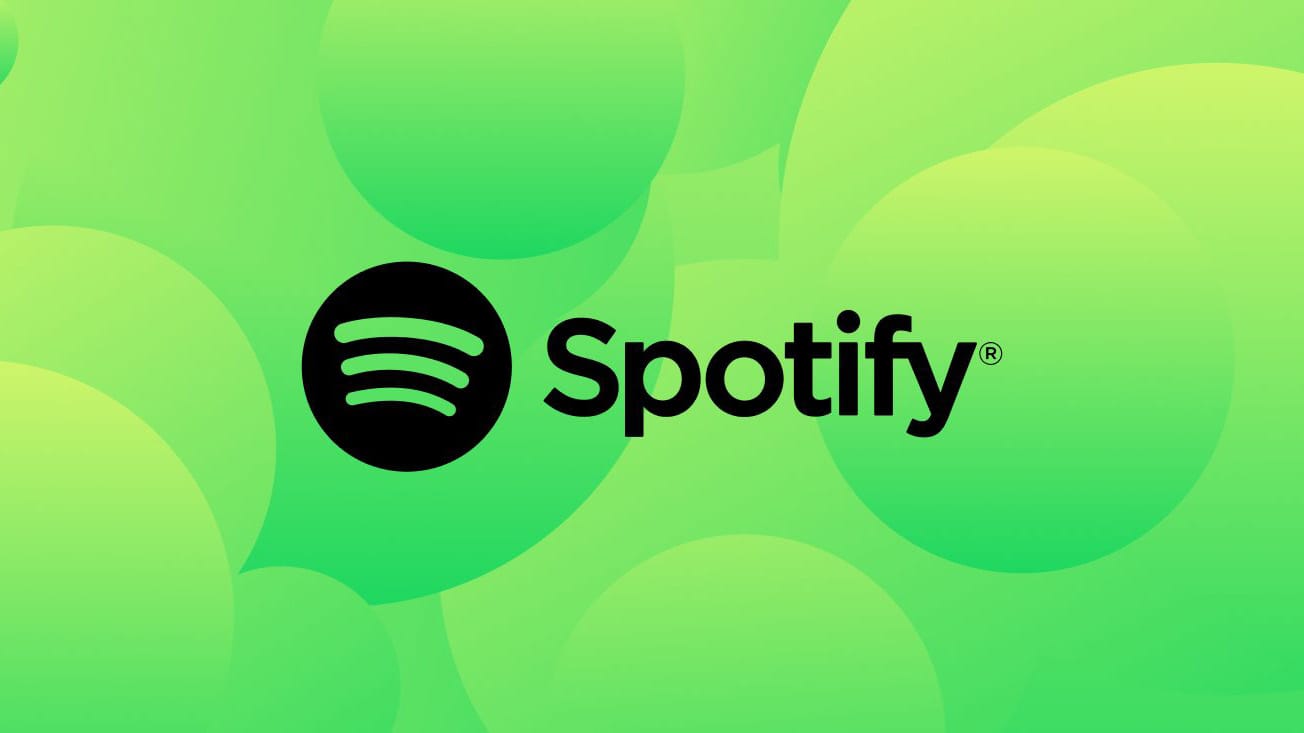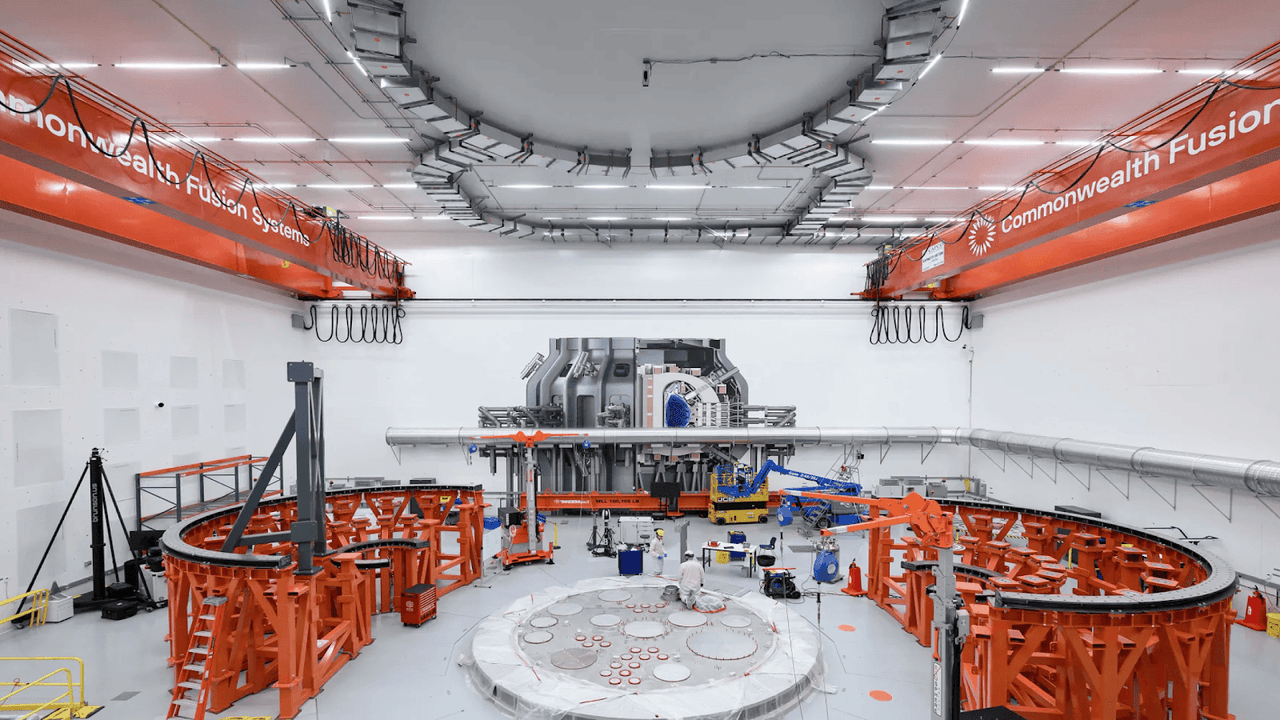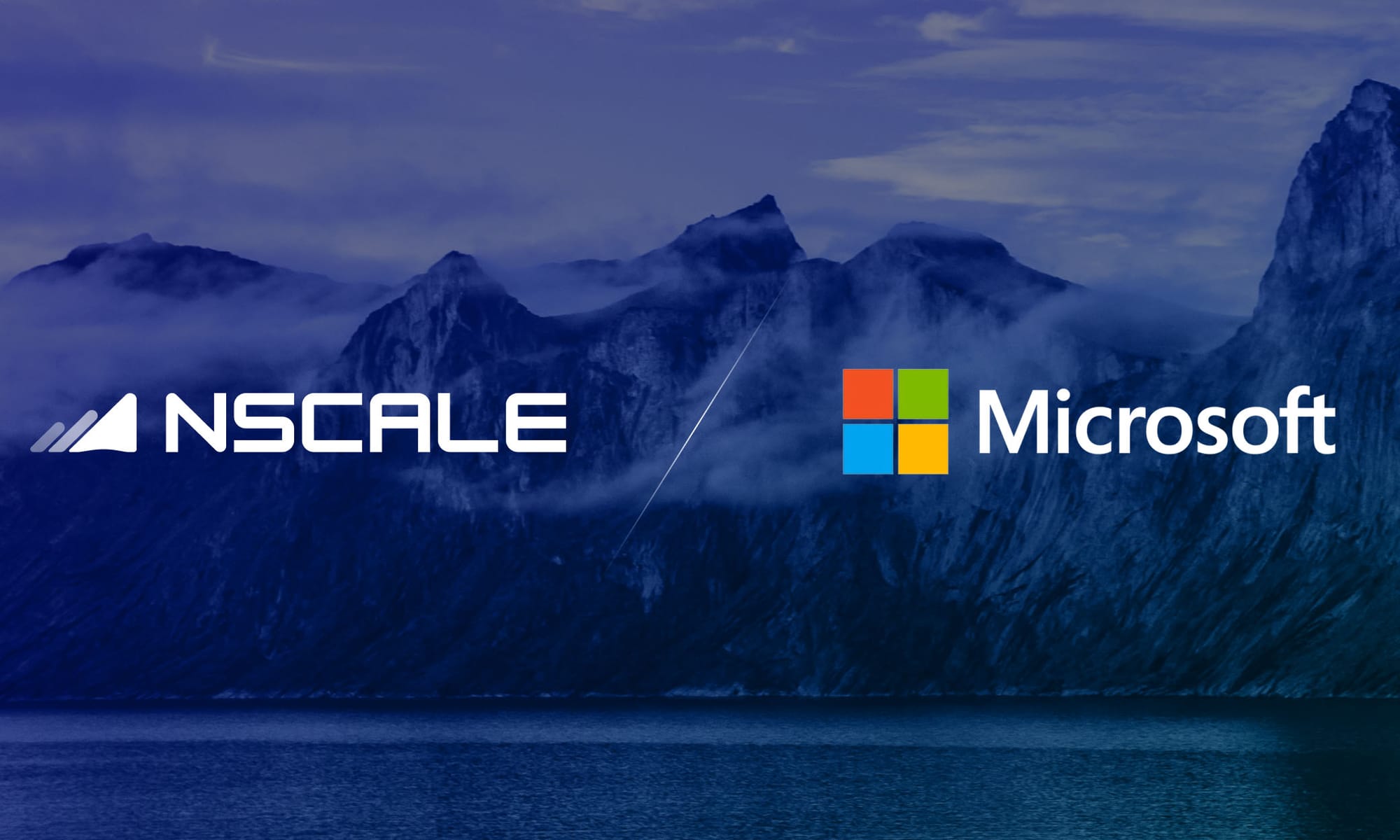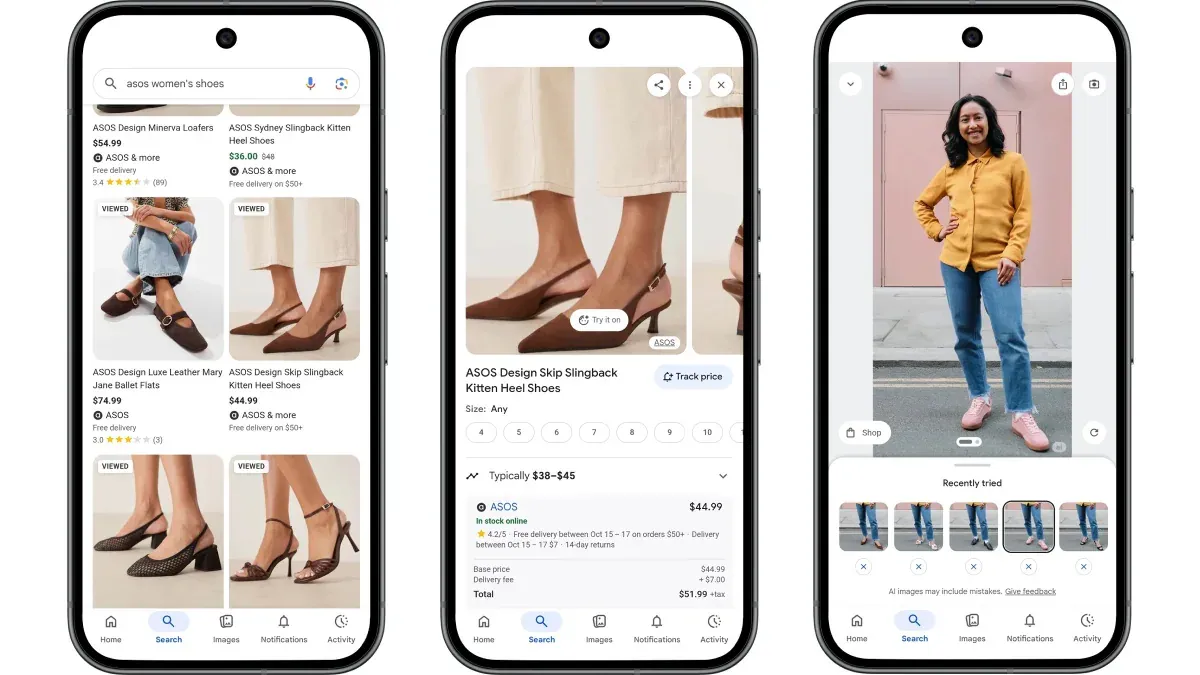Windsurf’s Weekend Wipeout: Anatomy of a Silicon Valley Collapse

In the hothouse of Silicon Valley’s AI boom, few stories soared as high—or crashed as spectacularly—as Windsurf’s. Born in the crucible of Y Combinator’s 2022 batch, Windsurf quickly became the darling of developers and enterprise CTOs alike. Its core product: a suite of AI-powered programming tools that promised to automate away the grunt work of software development. By mid-2024, the numbers told a story of unambiguous success: $100 million in annual recurring revenue (ARR), over 350 enterprise clients, and a developer community that evangelized the product with almost religious fervor.
Venture capitalists, not known for their patience or humility, lined up to shower Windsurf with funding. The company’s valuation soared, and its founders—Varun Mohan and Douglas Chen—became fixtures on the conference circuit, their every utterance parsed for clues about the future of AI tooling. By the summer of 2024, Windsurf was one of the hottest acquisition targets in Silicon Valley, its fate the subject of fevered speculation on Hacker News and in VC Slack channels.
Act I: The OpenAI Deal Dies on a Friday
The denouement began with a whisper and ended with a bang. In May 2024, OpenAI entered acquisition talks with Windsurf, reportedly offering a staggering $3 billion. The deal, insiders said, was all but done. Employees rehearsed internal announcements. Equity holders, many of whom had traded cushy FAANG salaries for startup stock, daydreamed about generational wealth. The champagne was on ice.
But on Friday, July 11, 2025, the dream evaporated. The OpenAI deal collapsed, sending shockwaves through the company. The proximate cause: Microsoft, OpenAI’s largest partner and investor, reportedly blocked the acquisition over concerns about intellectual property entanglement. Microsoft, ever the careful steward of its own moat, was unwilling to let a core AI tools player slip into the hands of its sometimes-ally, sometimes-rival.
The fallout was immediate and brutal. Employees, blindsided, watched as their paper fortunes turned to dust. “It felt like someone had pulled the rug out from under us,” one engineer posted anonymously on Blind. The mood in the office shifted from euphoria to disbelief in a matter of hours.
Act II: Google Moves In That Same Night
If Friday was a tragedy, Friday night was farce. Even as the OpenAI deal was dying, Google DeepMind swooped in. By midnight, Google had inked a $2.4 billion deal—not to acquire Windsurf outright, but to secure a non-exclusive license to its core technology. The twist: this was less a technology transfer than a “quiet acquihire.” CEO Varun Mohan, cofounder Douglas Chen, and the company’s core technical team were hired by Google, their compensation rumored to be eye-watering even by Valley standards.
The rest of Windsurf’s 250+ employees were left behind, staring at a cap table that had suddenly become a legal fiction. The founders, now richer than ever, were gone. The office Slack channels filled with gallows humor and stunned silence.
Act III: Cognition Cleans Up Over the Weekend
The weekend brought no respite. On Saturday, Windsurf’s head of business was installed as interim CEO, a move that did little to reassure the shell-shocked staff. On Sunday, Cognition—the AI agent company behind the much-hyped Devin—initiated talks to acquire what was left of Windsurf. By Monday morning, a deal was signed: Cognition would pay a few hundred million in cash to acquire the remnants of Windsurf—its IP, its remaining staff, and its considerable mess.
Cognition promised to honor employee options and provide some liquidity, but the upside was gone. The life-changing event employees had expected was replaced by a hasty handoff to another startup, with vague assurances about the future. “We were told to be grateful it wasn’t worse,” one employee later remarked. The irony was not lost on anyone.
The Employee Shock: From Dream to Disillusionment
For many Windsurf employees, this was their first startup job. They had accepted below-market salaries in exchange for equity, betting on the promise of a big exit. Now, they watched as their founders walked away with Google, leaving them to pick up the pieces. The sense of betrayal was palpable.
The internal forums filled with questions: How had this happened? Why were the founders rewarded while the rank-and-file were left with scraps? The answers, such as they were, offered little comfort. The cap table, once a symbol of shared destiny, had become a cruel joke.
The Ecosystem Fallout: Silicon Valley’s Social Contract Frays
The Windsurf debacle did not go unnoticed in the broader ecosystem. Vinod Khosla, never one to mince words, publicly criticized the founders, calling their actions a betrayal of Silicon Valley’s social contract. “Founders are supposed to look out for their teams, not just themselves,” he tweeted, igniting a firestorm of debate.
Others, however, saw the move as shrewd. In a market where cap tables could be wiped out by a single weekend’s events, what was loyalty worth? Windsurf was not the first to play this game. Character.AI, Inflection, and Adept had all executed similar maneuvers, prioritizing founder and investor interests over those of employees.
The message was clear: in the new AI gold rush, the rules had changed. The old narratives of shared risk and collective reward were being rewritten in real time.
The Deeper Shift: When AI Tooling Loses Its Moat
Beneath the drama lay a deeper structural shift. Windsurf’s fate was sealed not by boardroom intrigue, but by the changing dynamics of the AI tooling market. The moment Anthropic cut off Claude access mid-negotiation, Windsurf’s competitive moat vanished. Users, ever pragmatic, migrated to cheaper or more integrated tools. The platform giants—OpenAI, Google, Microsoft—controlled the models, the data, and increasingly, the teams.
Windsurf’s story was a cautionary tale about the perils of building on someone else’s platform. When the platform owner decides to pull the plug, even the most promising startup can find itself adrift.
The Moral Question: Trust, Equity, and the Startup Dream
In the end, Windsurf’s collapse raises uncomfortable questions about the future of Silicon Valley’s startup ethos. When founders are rewarded for extracting value rather than sharing it, when cap tables become fiction, what happens to trust? To equity? To the entire startup dream?
Was Windsurf a failure of business strategy, or of ethics? The answer, perhaps, is both. The founders played the game as it is now written, not as it once was. The employees, for their part, learned a hard lesson about the new realities of the AI boom.
As the dust settles, one thing is clear: in Silicon Valley, fortunes can be made and lost in a single weekend. The only constant is change—and, perhaps, the enduring power of irony.

